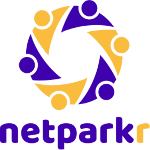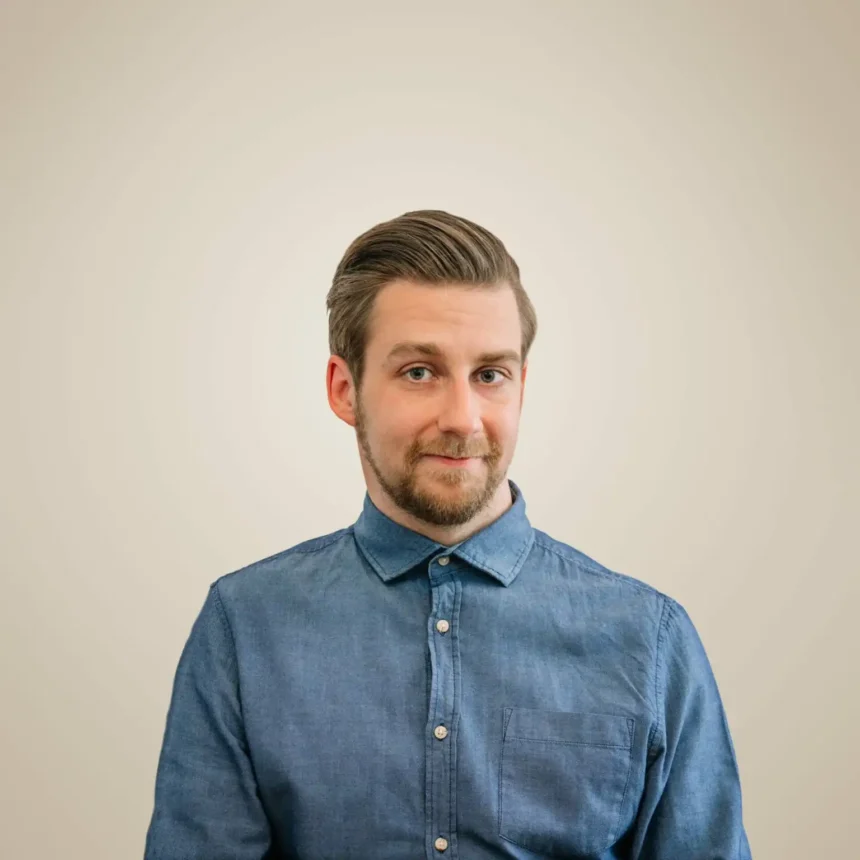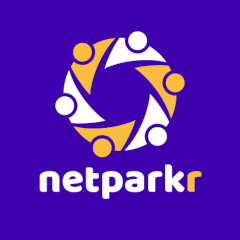Patrick is a developer and the sole proprietor of a software firm. He works full-time, runs a lifestyle business, and strikes a work-life balance while growing his company. He usually gets up between 8:30 and 9:00 in the morning and spends the first few hours working hard. After that, he jogs, rollerblades, or takes the dog for a stroll. He meets the team and takes a look at issues, customer support, and marketing. Consistency is important to him, so he writes down fresh ideas and revisits them after a few months.
The most well-known of Patrick’s six primary software products is Simply Static, a module that turns WordPress webpages into static sites. Patrick is a developer and the only proprietor of this software firm.
He works full-time, runs a lifestyle business, and strikes a solid work-life balance while growing his company.
What goes on in your usual day, and how do you make sure it is productive?
I usually get up between 8:30 and 9:00 in the morning. I try to limit interruptions like email, social media, and phone calls throughout the first two to three hours of every day.
Instead, I spend the first few hours working hard. This might be writing blog entries and tutorials, writing code for a current or new product, or making screencasts.
I make an effort to stay busy or spend time outside after that. I jog, put on my rollerblades, or take the dog for a stroll. I need to work out before I can concentrate again on my assignment.
I’ll meet the team when I get back to the office between 2:00 and 3:00 p.m. Take a look at issues, customer support, and marketing (Twitter, my blog, podcasts, interviews, etc.).
I write down things, prioritize them, and then package everything up as a last step in getting ready for the next day.
By 6:00 PM, my day is over.
How do you give concepts life?
Consistency is important to me. Because there is a limited supply, it usually takes six to nine months to create a new product.
When I get a fresh idea, I write it down and let it sit for a while. I revisit my notes after a few months, and if the idea is still intriguing, I start to plan:
What should the MVP look like?
What particular issues do I want to address in this field?
What should the product not contain?
I seek to participate in communities and learn as much as I can about the subject by joining them. I normally take two to three months to fully grasp the issues, the market, and the average consumer before creating a single line of code.
I start creating a minimal viable product (MVP) and seeking out community beta testers as soon as I have acquired enough information.
After we start iterating on the product, the first official version is put up for sale.
I spend many weeks setting up the website, the documentation, and the initial training on how to address particular client concerns before introducing a product.
Which fashion trend most motivates you?
Although AI is now all the rage, I think Web3 technology has a lot of promise.
The idea of decentralized data storage on a blockchain is great, but there is a serious marketing problem with the notion.
The tendency will pick back again once the community figures out how to make Web3 ideas accessible for the present web and breaks them down into particular use cases.
Which of your habits helps you be more productive?
My daily routine.
Being able to start each day with a purposeful activity and finish all other chores only after achieving the day’s single most crucial objective is a superpower.
What advice would you give to yourself in the past?
Avoid quitting projects too soon; stick with them longer.
It might be challenging to convince oneself to keep working on something that brings in little to no money, but things take time.
Before giving up on it, at least a year must have gone by. It may be the next big thing for you.
Tell us anything that practically no one seems to agree on.
You don’t need staff to grow your business.
You are capable of starting your own prosperous firm. Expand your network of independent contractors and make use of all the wonderful tools for increasing production.
How far a one-person firm can go will astound you.
What is one thing you usually do that you also encourage others to do?
Keep detailed records.
For both you and your clients, make lessons and instructions.
This helps in a number of ways, including as developing better writing and communication skills, increasing the effectiveness of customer service, and discovering solutions to problems that have already been faced.
Additionally, if you want to sell your company in the future, it will be a desirable asset.
What do you do when you’re overwhelmed or unable to concentrate?
Sport is definitely useful, but I also get benefits from being in nature. In this case, the context change is significant.
What is a tactic that has helped you grow your company or advance your career?
Content production would be my tactic of choice if I had to pick just one. The decision to write articles, record audio, and share my thoughts with the world was the best one I’ve ever made.
I used to have a developer blog where I recorded everything I learnt from taking classes and doing part-time employment in the industry.
I’ve kept up this routine for years and still create stuff every week.
A smart method for generating a living online is to be knowledgeable in both coding and content creation.
What is the biggest failure you’ve ever had in your career, how did you overcome it, and what did you learn from it?
I tried running a business on my own for the first time several years ago when I started my own agency, and it was a complete flop.
The problem was that I expanded too rapidly because I thought that having lots of staff, nice cars, and lavish offices was what it took to operate a successful firm.
When we ran out of money, I shut down the organization and took my lessons from the situation. I was aware that I would try my hand at becoming an entrepreneur once more, but that this time I would be bootstrapped, lean, and only hire workers as needed.
I’ve also discovered that the best course of action is to have money in the treasury before starting a business. Stress is lessened and you are able to explore other ideas before committing to one when you are aware that you do not have to be profitable right away.
Which business idea would you be prepared to impart to our readers?
Think about building a maintenance company around self-hosted software.
I’ll use help desk software as an example specifically. There is Helpscout, which is great and trustworthy but getting very expensive, especially for several users.
There is also FreeScout, an open-source replacement that you may self-host for free (with a few premium add-ons).
Offer a FreeScout installation and upkeep service, whereby you set up the program on the client’s server (for a one-time price) and charge a monthly fee to keep it updated.
Serve as the point of contact for feature and bug requests between your client and the open-source community. Learn how to create problems in GitHub and inform your clients of the outcomes of the conversation.
That doesn’t call for the expertise of a developer. Nobody anticipates you to add new features or expand the software.
Maintaining its functionality, applying updates, and alerting customers to any flaws and what to anticipate (will a fix be made soon? (Is there a potential solution?)
What applications do you use to increase productivity? What is its use?
Trello. This approach has consistently produced the greatest results for me.
It is simple to use and requires little learning. Through add-ons (Slack, GitHub, Helpscout, Zapier, etc.), it may be expanded.
I use it for my entire company and have a number of boards for different business-related functions, such as one for development, one for content, and one for marketing and appointments.
By choosing a board, I can quickly switch contexts, get an overview of all the activities that still need to be done and the overall progress, and then modify my plan as necessary.
What was your best $100 buy recently?
In an effort to boost my email marketing, I recently bought “Lean Email” from StarterStory.
I already like the StarterStory Lean SEO guide since it offered helpful advice on how to develop content that appeals to both visitors and Google.
Although I haven’t started using Lean Email yet, I need something I can use very immediately to improve my business as a solopreneur, and I anticipate nothing less from Lean Email.
Do you have a favorite book or podcast that has been really valuable to you?
Podcast The Bootstrapped Founder by Arvid Kahl
Over the past few years, Arvid has given me a lot to learn. He was a consultant for me, and I studied his books and attended his seminars.
This podcast will be very helpful to anyone who want to learn more about bootstrapping a business from someone who has successfully done so and offers practical guidance in each episode.
There is a book titled The Minimalist Entrepreneur by Sahil Lavingning.
The history of Gumroad is covered in this book, including how Sahil bootstrapped the business without using any staff to grow it into the big corporation it is today.
I learned a lot from Sahil, and I incorporated many of his ideas for juggling a prosperous business with a happy life.
Lessons: Success may be attained without a team.
Keep detailed records of your travels.
The best approach for business growth is content.
For further information
You can check my website or my personal blog.
We gather unique business case studies from all over the internet, to inspire you with a wide range of business ideas. This case study was supervised by our team and it definitely caught our interest. You can find other inspiring business stories here.







